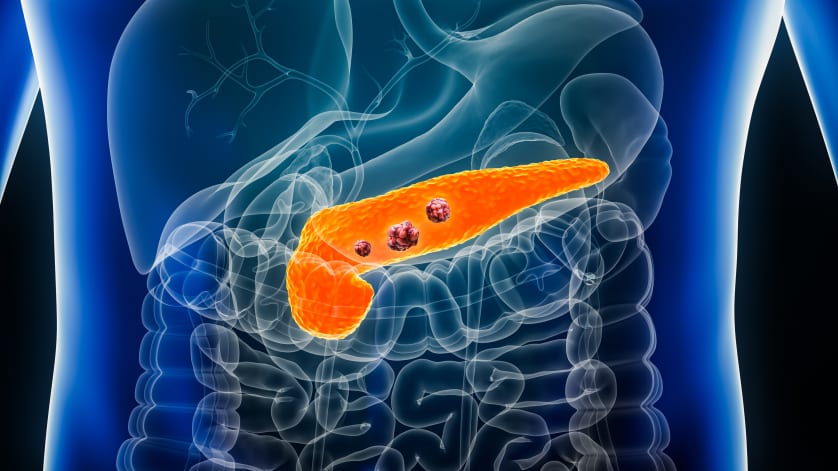
February 19, 2026





Stay up to date with the latest clinical headlines and other information tailored to your specialty.
Thank you for signing up for the Daily News alerts. You will begin receiving them shortly.



May 02, 2024
Conexiant

April 26, 2024
Conexiant